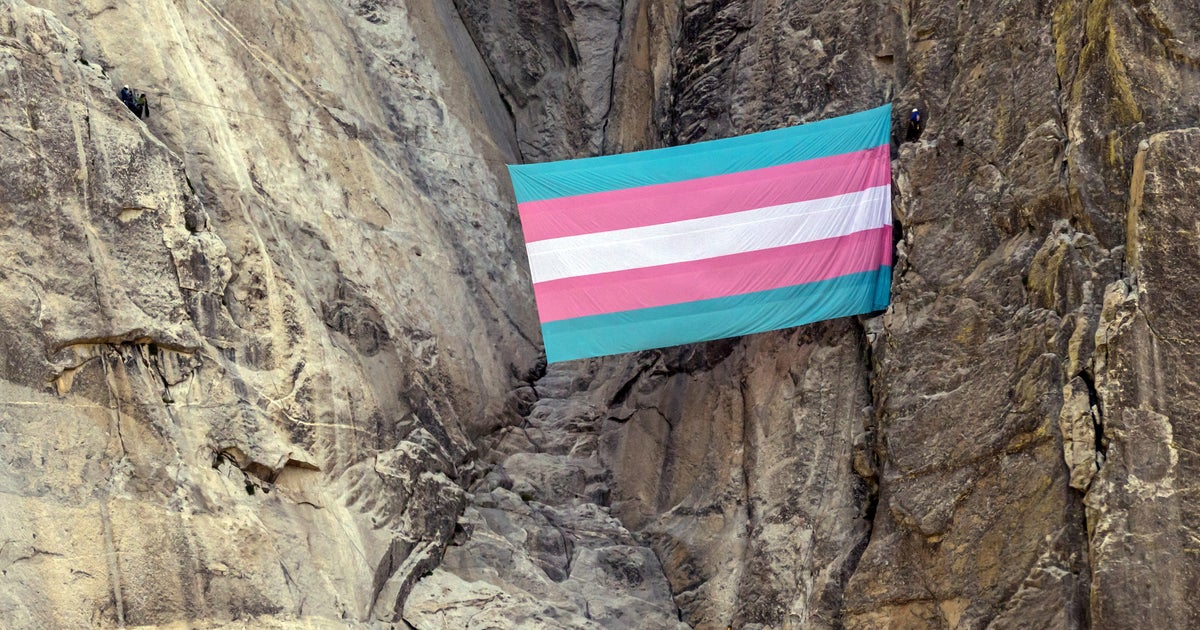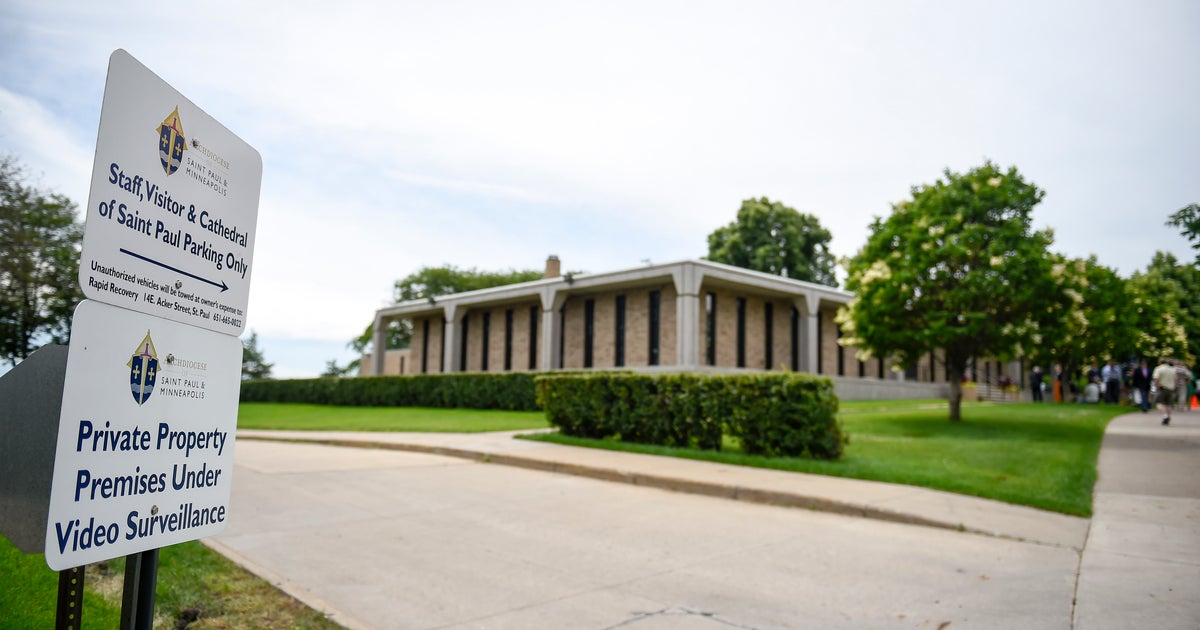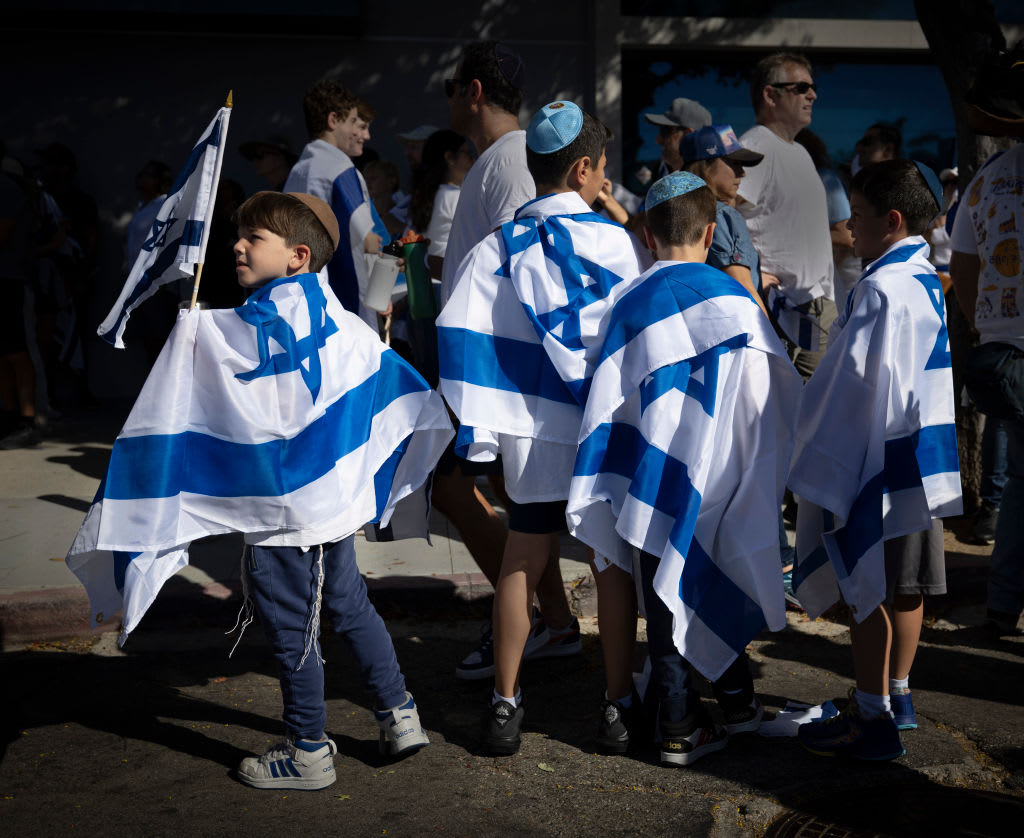Stimulus deal could block lawsuits over COVID-19 deaths of workers
When the coronavirus started surging across the U.S. this spring, 70-year-old meatpacking worker Enock Benjamin kept reporting to his job at a JBS plant in Souderton, Pennsylvania. The plant ignored federal health guidelines, while workers stood close together and weren't equipped with personal protective equipment, according to a lawsuit by Benjamin's family, who also alleged that sick workers were encouraged to keep showing up. Benjamin contracted COVID-19 and died on April 30.
Half a year after the suit was filed, Americans are dying from COVID-19 at record rates. But according to business groups and many Republicans in Congress, it is the threat of more litigation of the kind pursued by the Benjamin family that poses the greatest threat to employers and the economic recovery.
A major wrench in the ongoing talks in Washington, D.C., over another round of emergency relief for Americans is a push by Senate Majority Leader Mitch McConnell to include broad legal protections for businesses, schools, places of worship and other organizations from lawsuits over COVID-19.
The issue is threatening to derail negotiations between Democratic and Republican leaders.
While the latest $908 billion proposal includes "an agreement in principle" between the two parties on protection from lawsuits, McConnell indicated earlier this week he would be willing to put aside that part of the bill and only pass elements that both parties can agree on. Such a move would all but guarantee that the contentious debate will persist into next year.
Business groups contend that without limits on lawsuits, unscrupulous lawyers would wipe out already struggling small businesses that are doing their best to follow a patchwork set of rules intended to protect workers and customers.
But consumer and civil rights groups warn that insulating employers from legal repercussions for policies that may have contributed to the deaths of thousands of Americans would effectively give a blank check for companies to ignore public health and safety, removing a key tool for people to seek redress.
"If their bill passes, nobody will be safe," said Ed Mierzwinski, senior director of the consumer program at US PIRG, which opposes the legislation.
A "tidal wave" of lawsuits?
Protection from litigation over COVID-19 has been a priority for business groups and their allies in Congress since the spring. In April, conservative groups including Americans for Prosperity and Americans for Tax Reform asked Congress to preempt lawsuits, warning that trial lawyers scheming to "line their pockets with COVID-19 related lawsuits" could drive "vital industries that support our economy" into "catastrophic bankruptcies."
The U.S. Chamber of Commerce, which represents thousands of businesses around the country, that same month described worker lawsuits as its top concern. In May, groups representing the home care, retail, travel and restaurant industries joined the call for relief, writing that "without congressional action, the threat of litigation — even for those companies that faithfully follow federal public guidelines — will mire our recovery."
In June, McConnell and Republican Senator John Cornyn of Texas introduced a bill, dubbed the "Safe to Work Act," that significantly raised the bar for filing COVID-19 lawsuits for the next five years, saying the legislation is necessary is stave off "a tidal wave of lawsuits" that could crush businesses.
But nine months into the pandemic and with the U.S. death toll approaching 285,000, that wave looks more like a trickle. Only a handful of worker lawsuits have been filed, according to law firm Hunter Andrews Kurth, which tracks COVID-19 complaints.
Instead, the largest category of coronavirus suits involve insurance claims over lost business from pandemic shutdowns, said Torsten Kracht, a litigation partner at the firm who oversees the database. About one-sixth of the 6,570 cases tracked by the tool focus on insurance.
"These are generally businesses that are suing their insurers for failure to provide business-interruption coverage," Kracht said.
Civil rights lawsuits, the next most common source of COVID-19 litigation, include challenges to business closures, stay-at-home orders or bans on social gathering, as well as "essential" business designations that keep some places open and others closed. Suits alleging unfair firing, including dismissals allegedly in retaliation for criticizing an employer's coronavirus plans or refusal to let an employee work remotely, account for 1 in 10 of the cases listed by Hunter Andrews Kurth.
Although more than 6,000 federal and state cases might seem like a surge in litigation, Kracht noted that in 2019 over 300,000 lawsuits were filed in federal courts alone. "If you look at the COVID-related cases compared to that, it's obviously a small subset," he said.
A "free pass" for bad behavior
The Safe to Work Act dramatically raises the burden of proof to file or win a suit, consumer advocates say. The bill requires would-be plaintiffs to list everywhere they've been in the 14 days prior to contracting the virus and explain why they did not get sick in every one of those places.
Notably, the measure would shield businesses from coronavirus claims so long as they followed any — but not all — federal, state or local safety regulations. Because those guidelines vary widely in rigor, that would effectively allow organizations to pick and choose the rules they want to follow, creating a "race to the bottom," according to more than 140 consumer and civil rights groups that oppose the bill.
"If you give companies blanket immunity, you remove the financial incentives for them to make things safe," said Robert Mongeluzzi, a personal-injury lawyer in Philadelphia.
"There are people who argue that companies shouldn't need a financial incentive to make good decisions. I agree. But we don't live in that world," added Mongeluzzi, who is representing the family of Enoch Benjamin in their suit against JBS. "Companies cut corners, maximize profits, put money over safety, and maim and kill people every single day."
JBS, which did not respond to a request for comment, has moved to dismiss the suit.
The pandemic has created more reason for businesses to take precautions, not less, Mongeluzzi said.
"The more dangerous the thing you're engaged in, the more care you need to take," he said "But their argument is, 'We may kill so many people that it becomes too expensive.'"
High burden of proof
The costs of a pursuing a COVID-19 lawsuit can quickly add up. Lining up evidence, assembling a team of experts and obtaining depositions from multiple parties can run into the hundreds of thousands of dollars.
Such expenses work in defendants' favor, consumer advocates say. Because lawsuits are costly and plaintiffs' lawyers only get paid if they win, few frivolous cases are brought, they say. And lawsuits that lack merit are routinely thrown out of court.
In the handful of wrongful-death lawsuits that have been filed to date related to the virus, workers and their families often allege "callous" and "wanton" behavior on the part of employers. In one instance, the family of a deli worker who died of COVID-19 allege that his employer, Publix, prevented him from wearing a mask at work to avoid frightening shoppers.
Another suit against a major meat producer accuses management at a Tyson plant in Iowa of lying to workers about the number of coronavirus cases in the plant while betting money on how many workers would contract the virus. In another, the family of a Walmart worker who died allege the retail giant ignored their employees' coronavirus symptoms and forced them to report to the job.
Publix, Tyson and Walmart all deny any wrongdoing. But the Safe to Work Act would make the mere act of filing such litigation all but impossible, plaintiffs' advocates say.
"The immunity does nothing to help everyday people — in fact, it throws them under the bus," said Gaylynn Burroughs, senior policy counsel at the Leadership Conference on Civil and Human Rights.



